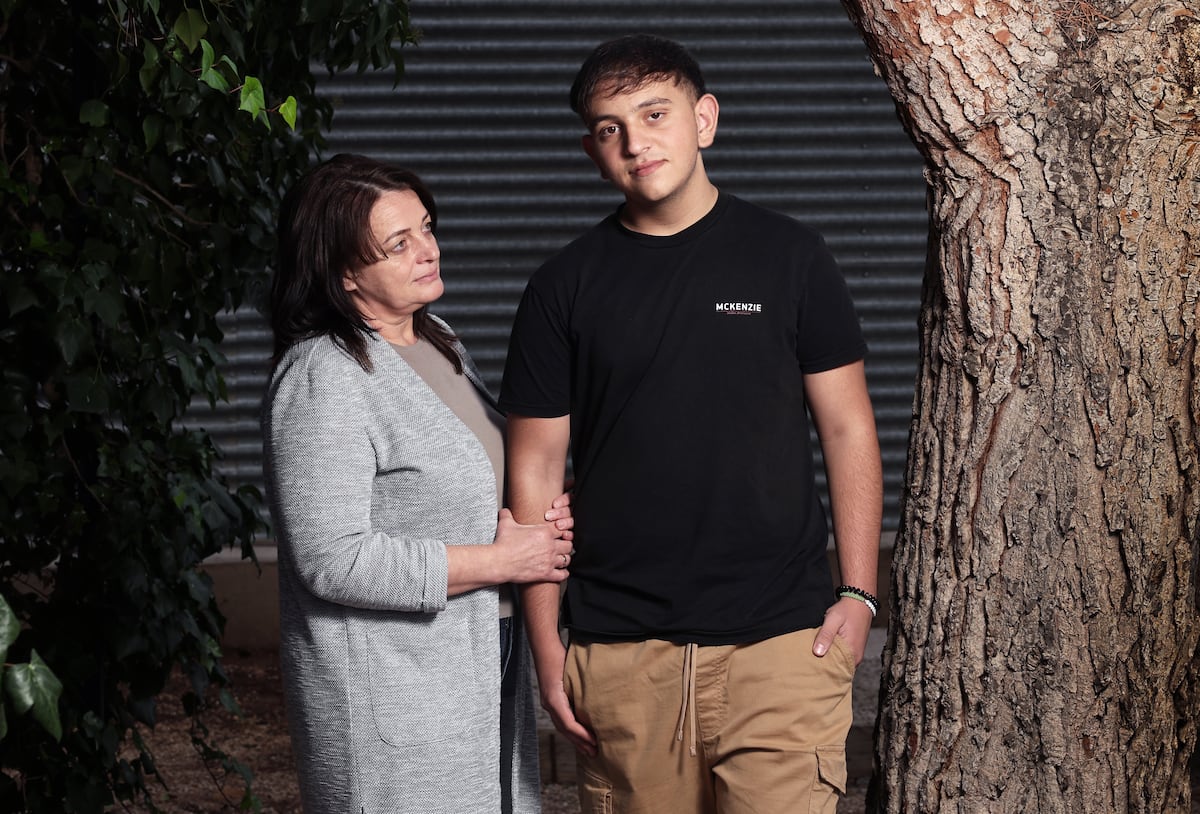The arrival on the market of many innovative treatments has been hampered by pharmaceutical companies’ business strategies
Darius is 15 years old and is a dazzling example of how medical research has advanced. Born with a rare and lethal genetic disease, early active cerebral adrenoleukodystrophy — CALD, the same condition that killed his older brother Danuk — the adolescent boy is today, healthy and happy in his hometown of Quintanar de la Orden, in the Spanish province of Toledo. His recovery has been thanks to a gene therapy called Skysona. A benevolent virus, a Trojan horse that was introduced into his body when the boy was five years old, it was able to replace the boy’s defective gene with a healthy one, thus saving his life.
But to the frustration of his doctors and other families, Darius’s treatment has not been available on the European market since 2021, due to a decision made by its pharmaceutical company Bluebird Bio that has left dozens of young people in the EU without the opportunity to follow Darius down the same path to survival. “It is difficult to comprehend,” says Carmen Sever, president of the European Lecodystrophies Association in Spain (ELA-Spain), which has helped patient associations to finance and develop the drug.
Gene therapy is still not here yet.
But it’s crazy genetics aren’t a big part already.
Like, even just how fast your body breaks down medication, or if you’re more likely to have certain conditions develop.
It’s just crazy that “full panel” DNA testing isn’t done. It’s not some kind of scan you need to repeatedly. Just once and it’s good for life.
The thing about “full panel DNA” is that you’re going to get a lot of noise. You might have a gene for a rare form of cancer you may never develop. Does that mean you should be getting blood tests every few months? Maybe you have a gene that shows your liver breaks down medicine quicker. Should doctors increase your dosages?
The reality is that most of the information isn’t actionable. For most things, we don’t have a linear 1 to 1 relationship between genes and health. You might have a gene that predisposes you towards alcoholism, but you grew up to dislike the flavor of alcohol so it never becomes an issue. You might have a gene for Alzheimer’s disease, but you get hit by a bus when you’re 30.
Doctors are using genetic testing where it is appropriate. If you have an ailment, and they need to test you for certain genes, then it makes sense to do so. You should take care of your health, and get regular checkups. Drink plenty of water, exercise, and eat healthy. Don’t drink or use drugs in excessive amounts. And don’t sweat the things you can’t change, like your genes. Que sera, sera.
You might have a gene for a rare form of cancer you may never develop. Does that mean you should be getting blood tests every few months?
No, but it means if you have any symptoms that should be looked at first, and blood work should be included with annuals.
Maybe you have a gene that shows your liver breaks down medicine quicker. Should doctors increase your dosages?
Why is that a question? Obviously medication should be prescribed in a way that actual dosage matches intended…
Like, you’re arguing like I think DNA is a “cheat code” that provides everything and not something that should be checked in addition to other things like vital signs…
I agree. I don’t get the idea that folks just are going to dive in based on dna. I would want to take it into account with symptoms and maybe as a bit more motivation diet wise or such.



